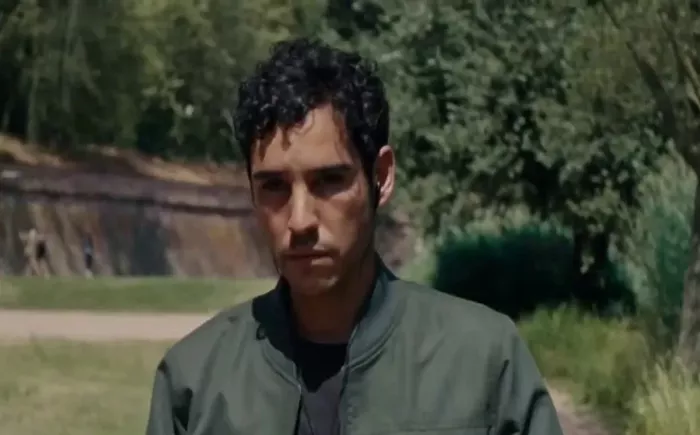In the evolving landscape of the crime thriller genre, the blurry boundary between justice-seeking and vengeful vigilantism remains a powerful, recurring theme. Jonathan Millet’s latest film, Ghost Trail, embraces this moral ambiguity with a fresh perspective, grounding its narrative in the ongoing Syrian refugee crisis—a context rarely explored in the film industry’s usual fare.
The movie centers on Hamid, portrayed with hypnotic intensity by Adam Bessa, a former literature professor who endured imprisonment and torture under the Assad regime. Following the 2024 fall of Bashar al-Assad’s 13-year rule, Hamid’s journey brings him to Strasbourg, on the French-German border, where he scours refugee centers for clues about a mysterious figure in a blurry photograph—someone he believes is a relative.
Bessa’s brooding and nuanced performance captures the devastating internal conflicts of a survivor caught between trauma and hope without resorting to clichés. Millet’s storytelling unfolds gradually, revealing the stakes with inventive subtlety. In a striking cinematic choice reminiscent of a computer game, we witness a soldier aimlessly navigating a desert battlefield while overhearing Hamid communicating in coded language with a secretive group intent on exposing Syrian war criminals in hiding.
Though Hamid has never seen his torturer’s face, his obsession is palpable—convinced that a university student played by Tawfeek Barhom is the man responsible. The cat-and-mouse pursuit across campus unfolds in a restrained manner, relying heavily on the compelling performances of Bessa and Barhom to deepen the psychological tension.
Hamid’s intermittent phone calls with his mother, trapped in a Beirut refugee camp, and his tentative romantic encounters with a laundromat worker who shares his Syrian refugee status, anchor the story in a stark reality. This connection between Hamid and Barhom’s student adds a thoughtful layer, prompting the audience to question: what does modern immigration mean when weighed against the ghosts of the past? What do we sacrifice, and what do we gain, by forgetting or confronting history?
Ghost Trail thus stands as a poignant entry in the crime thriller genre, navigating the complex intersection of personal trauma, justice, and identity.

